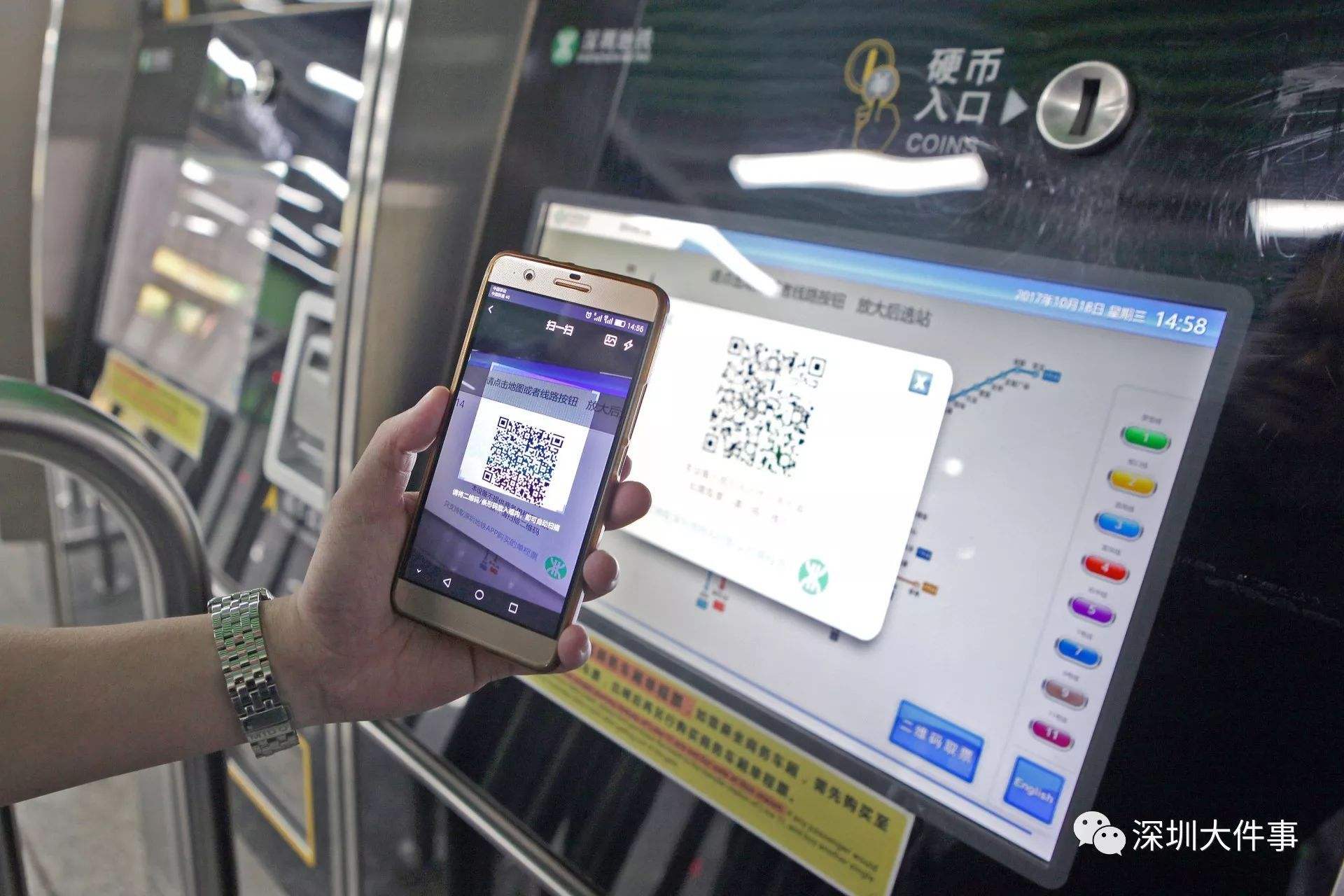Metro to introduce dynamic pricing scheme
Writer: Han Ximin | Editor: Holly Wang | From: Shenzhen Daily | Updated: 2020-07-17

A citizen pays the metro fare via scanning a QR code on a ticketing machine at a station of Shenzhen Metro. Southern Metropolis Daily
A dynamic pricing mechanism will be introduced for Shenzhen Metro services starting from Jan.1 next year, Shenzhen Special Zone Daily reported Thursday.
Regarding the pricing methods on Shenzhen Metro fares published in the latest government gazette, the authorities said the formulation of Metro fares should be based on the everyday operational cost of the whole Metro network, while coupling with the affordability of public finance and riders.
At present, the cost of depreciation of fixed assets and accounting cost take up 55 percent of the total cost and the remaining 45 percent is operational cost.
The depreciation, tangible or intangible, accounting cost and amortization charge should not be included in the fare. The Metro fares are decided by its everyday operational cost and taxes. The nonfare net income is first used to offset the cost of everyday operational cost, to relieve the pressure of a fare hike.
The fare loss of Metro operators, which undertake service for the public good or tasks designated by the government, should be subsidized by government special funds, according to the pricing rule.
Under the dynamic pricing mechanism, the hike of Metro fares should not be higher than the increase of the average per capita disposable income of local residents, excluding inflation.
Earlier in February last year, the Shenzhen Municipal Development and Reform Commission unveiled a price hike plan to seek public suggestions.
In the plan, the starting price will be increased from2 yuan (US$0.29) to3 yuan. In the three options, Metro commuters will pay an additional 22.88 yuan, 35.64 yuan or 7.26 yuan over 22 workdays for two trips a day each month if one of the options is decided.
But the plan received objections from the public. Many respondents suggested lowering the cost for long trips and offering discounted fares to encourage more people to take the trains.
In a response in July, the commission said it will introduce a fare-setting mechanism based on the public suggestions.
The Metro fare adjustment will be considered only after the fare pricing mechanism is decided. In adjusting Metro fare prices, the city will consider Metro operational costs, demands of the national economy and social development, financial subsidies and residents’ income.